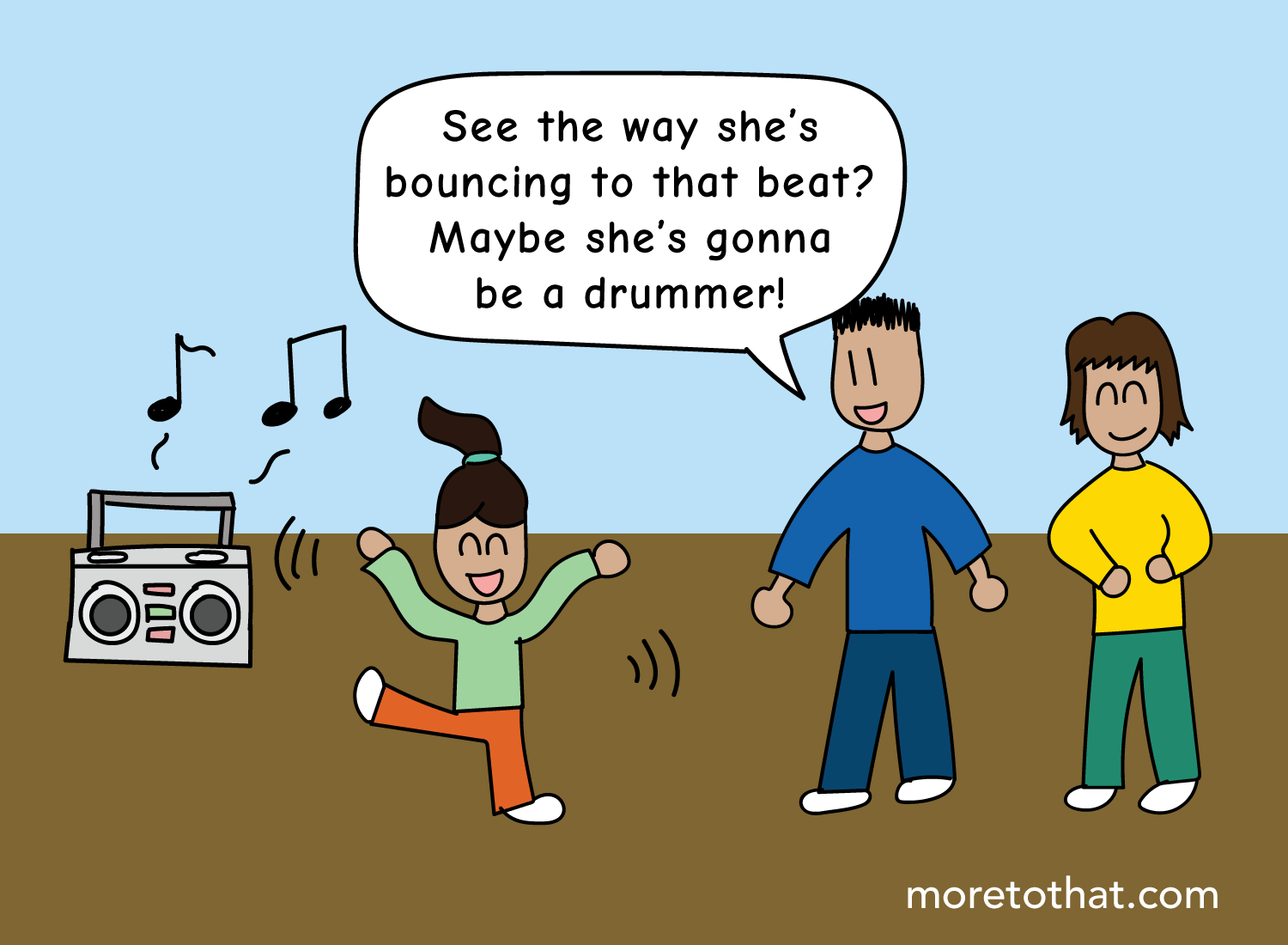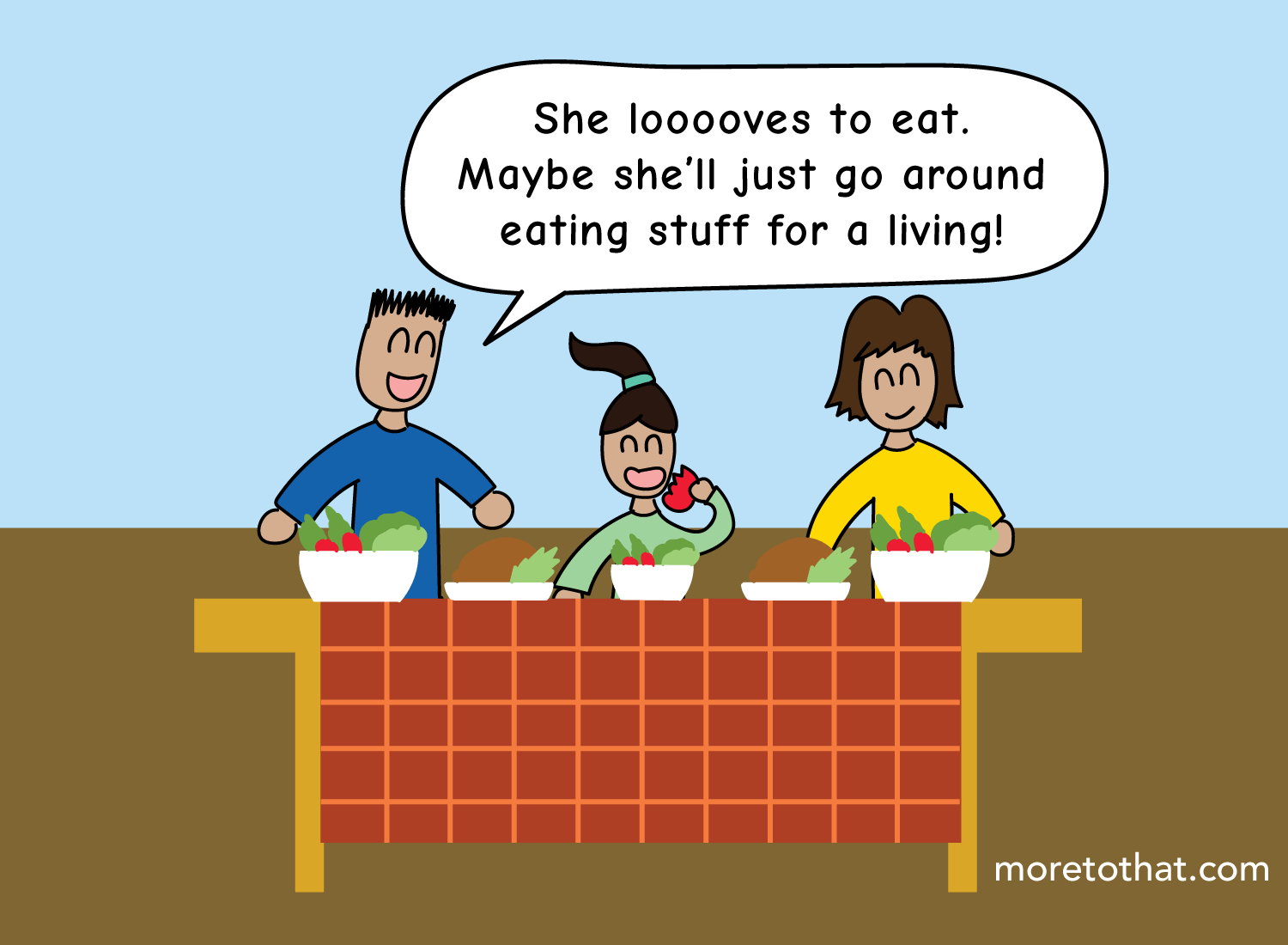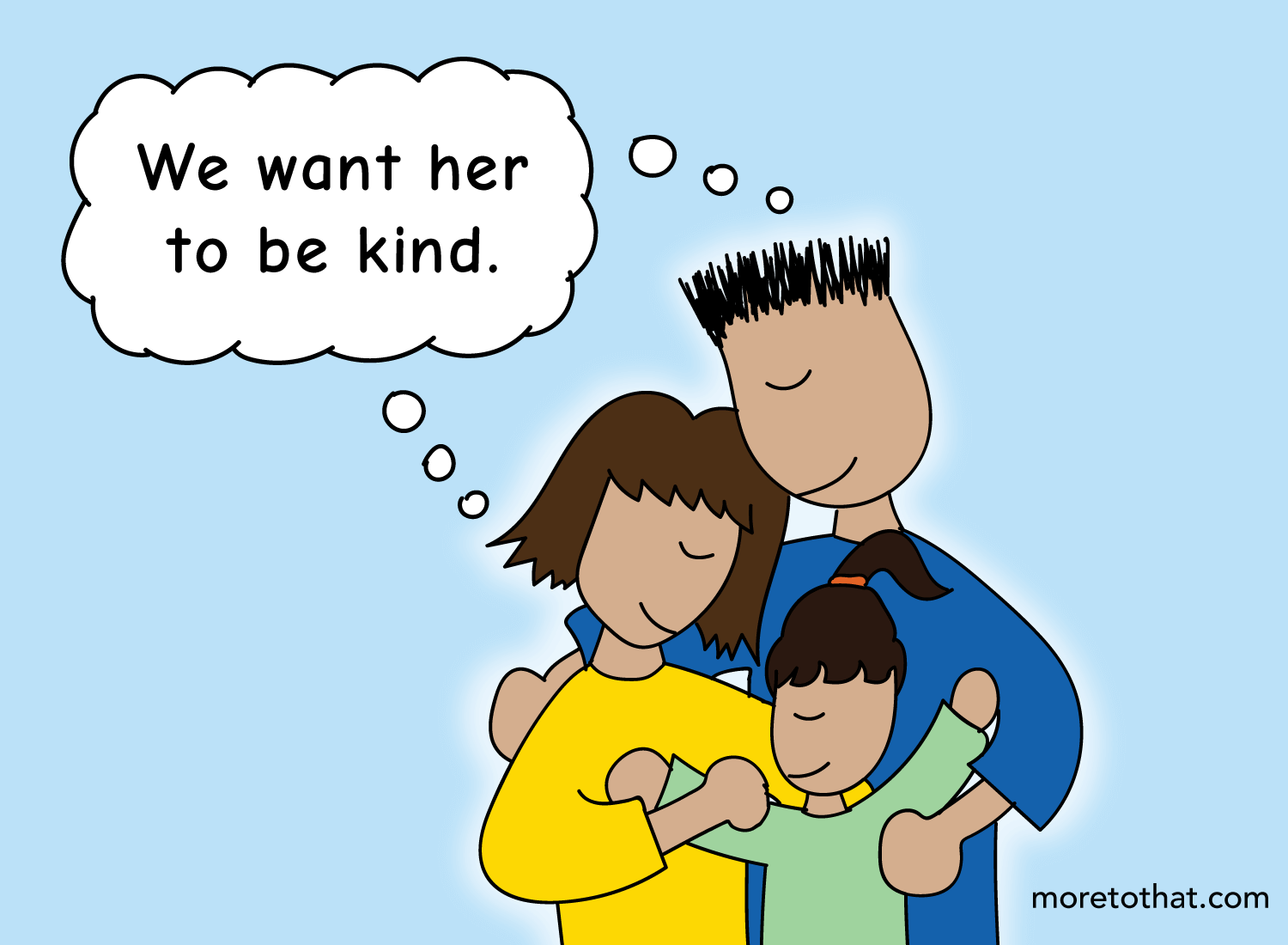Be Kind, But Keep Your Integrity
I’m a father to a 3-year-old daughter. She’s adorable, silly, awesome. But perhaps the coolest thing is that I get to watch her grow up each day, witnessing all the life paths that unfold in front of her.
Sometimes I like to make guesses as to what she might do later, given her current dispositions.
Astronaut, drummer, professional foodie, the list goes on.
But in the end, what my wife and I agree upon is that none of that stuff really matters. We want her to go on to do whatever she wants for her career, given that she finds the work challenging and engaging.
The one thing we have high expectations of, however, is who she is as a person. And for that, we distill it all down to this one statement:
Kindness is the north star that guides our parenting decisions. It’s through that single word that most of our questions are filtered through.
How do we embody the spirit of sharing so she understands its importance?
How can we teach her patience in a world where impatience is rewarded?
How can she show compassion to the people that need it most?
These are challenging questions to navigate, and here we arrive at one of life’s great paradoxes: the things that matter most are largely immeasurable. It’d be great if we can gauge someone’s kindness in the same way that we use numbers to gauge someone’s wealth. Kindness is a vastly more important thing, yet we have to rely mostly upon intuition to get a sense of it in others.
Intuition can be quite crude, but its importance cannot be overstated. It’s what we use to walk the fine line between skepticism and acceptance. It’s how we determine how much doubt we should inject into hope, and vice versa.
And when it comes to kindness, it’s worthy to inject some skepticism as well.
Even though kindness is a master virtue to me, I’ve come to recognize how we can embody it in a rather unsettling way. Sometimes we are kind not because we want to make the world a better place, but because we want to protect ourselves from the world.
I think there are two poles of kindness:
(1) Kindness to spread compassion,
(2) Kindness to protect the self.
The first one is what my wife and I point to when we want our daughter to be kind. It’s where we cultivate her sense of compassion toward other human beings, and attempt to raise the awareness of her actions. It’s to understand that all your actions make an impact on others, so might as well make that impact a positive one.
The second form, however, is quite different.
Sometimes we use kindness as a shield, and not as a megaphone. It’s when we use it to avoid confrontation, just so we can protect ourselves from potential hurt. It’s when we put a smile on our faces to signify that everything’s okay, when what’s really needed is the harshness of a difficult conversation.
Kindness resolves open conflicts, but prolongs hidden ones. There are clear moments where you need to take a stand, either for yourself or others. Choosing kindness here is often a path toward cowardice, and will likely lead to regret. This is commonly distilled down to the phrase “feeling like a pushover,” and that is a terrible feeling to hold onto.
When I think about being kind, I see it as an opportunity for discernment. It’s to know how to be compassionate toward others while also empowering yourself. It’s to walk the fine line between making others feel loved while also retaining your personal integrity.
The key is to hold your position in one pole without sacrificing the other. And that’s a lesson that will take my daughter – along with the rest of the world – a whole lifetime to internalize.
_______________
_______________
For more stories and reflections of this nature:
A Letter to My Newborn Daughter






